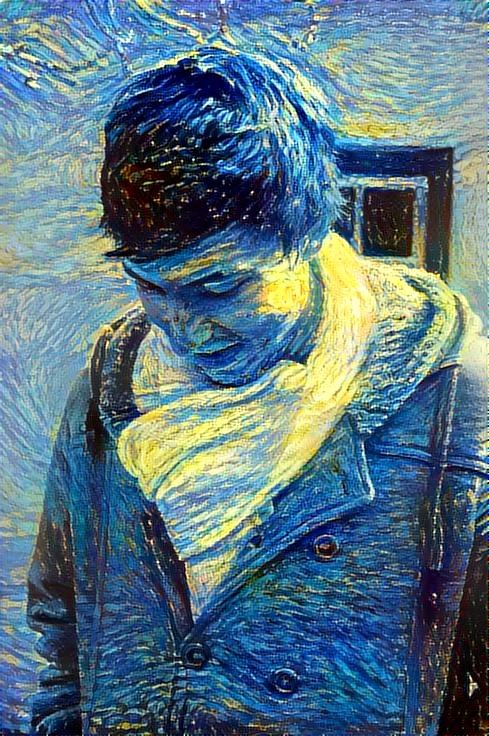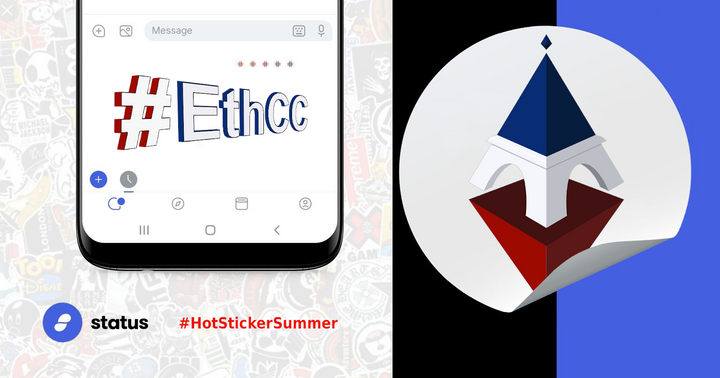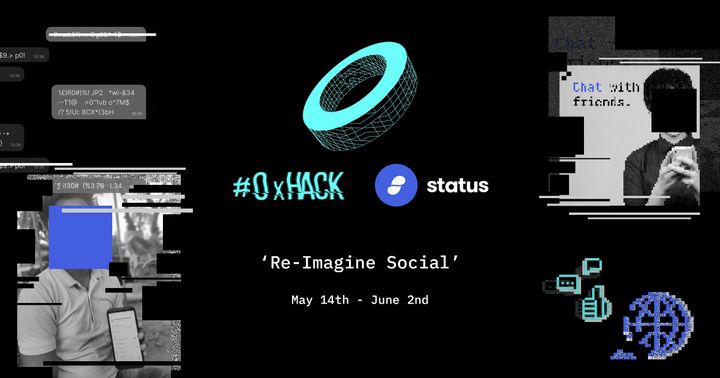"I made it religious because I really really like religion, except for the part where it's wrong." -- Scott Alexander
This series is beginning to take on the form of Douglas Adams' Hitchhiker's Trilogy. Nevertheless, seeing as I have discussed the Bible and the printing press and the Qur'an and Iqra!, it's now time for the Zen Buddhist rendition of some important ideas.
One of the things that started this train of thought off was the African notion of ubuntu - "a human being is only a human being through other human beings". Which links very closely to the Zen concept of sangha.
What's important to know about sangha is that it refers to a community of practice and is the third of "The Three Jewels", the other two being the dharma (teaching) and the Buddha (generally translated as Awakened One). Yes, in traditional Buddhism, the sangha kind of refers to an in-group of people, and can even specifically mean the orders of the Bhikṣus and Bhikṣunis, but what is important in this context is those two words: community and practice.
In a previous post, I said that actually learning how - as Marianne Brün puts it - "to create the suitable language which speaks as you think and not louder than your thoughts" can be done through applying Korzybski's General Semantics. We can, through paying attention to the way we abstract things, which is to say, by paying attention to the linguistic primitives we use to understand the world, introduce a neurological delay into perception itself.
This is - in various forms - one "goal" of meditation; an attraction of extreme sports and flow states; the byproduct of near-death experiences; and the result of responsible, ceremonial use of soma.
Korzybski was proposing a means of achieving similar results (variously called nirvana, STER, the white light, or 'heaven') through a particular way of paying attention to the words we use. Of course, this requires actual practice, rather than theoretical understanding - and General Semantics (perhaps rightly) was therefore often accused of being a pseudoscience. This is, at root, because communities of practice are not easily reproducible.
They tend not to scale well, either.
Korzybski, perhaps, failed to learn from history and understand that sustainable teaching which requires a certain kind of practice and lifestyle - like Zen, or General Semantics - needs to go hand-in-hand with a community willing actually to practice. It cannot just be the dharma; you need other people by which to know yourself, by which to be a full and individual human-being.
Which leads us back to the first jewel, the Buddha - or Awakened One. Theologically, everything is buddha-nature, that is all there is to say. Socially, the idea seems to suggest that, in order to form a sustainable sangha, one requires not only true dharma, but also that the community of individuals practicing are themselves realised, i.e. that they are both individuated by, and joined in, ubuntu.
The question still remains though: how do we achieve this at scale? How do we get as many people as possible actually practicing more intentional ways of being in the world?
Well, look at history again. What was it about the Buddha's teachings, or Muhammad's (peace be upon him), Jesus', or Moses' revelations that sparked off such socio-politico-psychological phenomena across a large group of people?
Perhaps it was because these moments, somewhat similar to the invention of writing itself, were language-events. Something about them meant that the ways in which people could understand and describe consciousness shifted, such that their perception of things-as-they-are changed.
What similarity does that bear to our current situation? Perhaps much, perhaps nothing. My perspective on it follows, and try imagine this sentence even 50 years ago, let alone 2000.
Trustless execution of arbitrary code on a global network capable of deterministic computation means that we can forge language which helps communities practice.
Perhaps even further: ... which require a certain kind of practice about the linguistic primitives we use in order to be a part of the community at all.
"Designing For Curated Cryptocommunity" is a complementary and fascinating take on building curated communities. It's well worth reading.
"Each person who ever was or is or will be has a song. It isn't a song that anybody else wrote. It has its own melody, it has its own words. Very few people get to sing their own song. Most of us fear that we cannot do it justice with our voices, or that our words are too foolish or too honest, or too odd. So people live their songs instead" — Neil Gaiman








